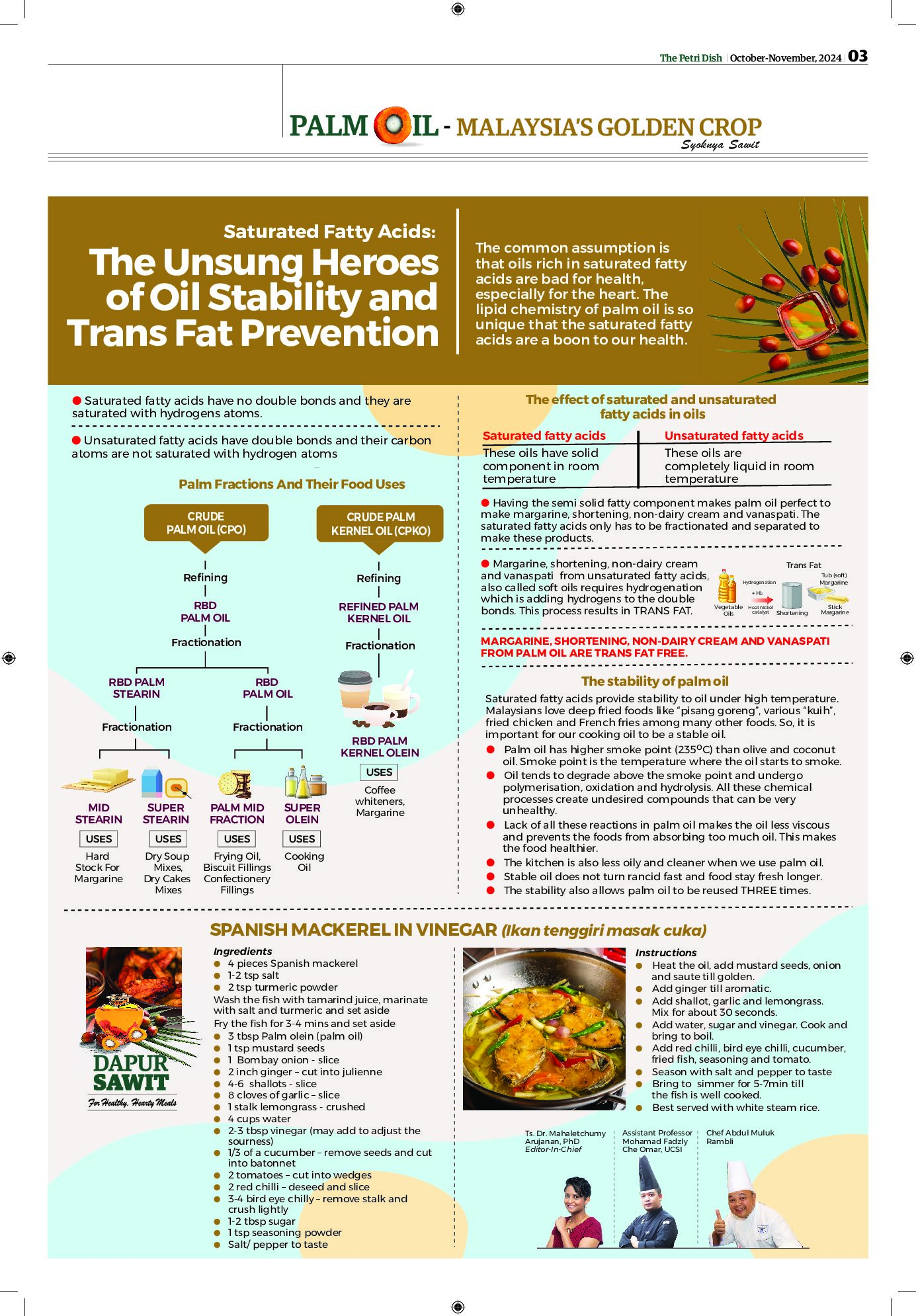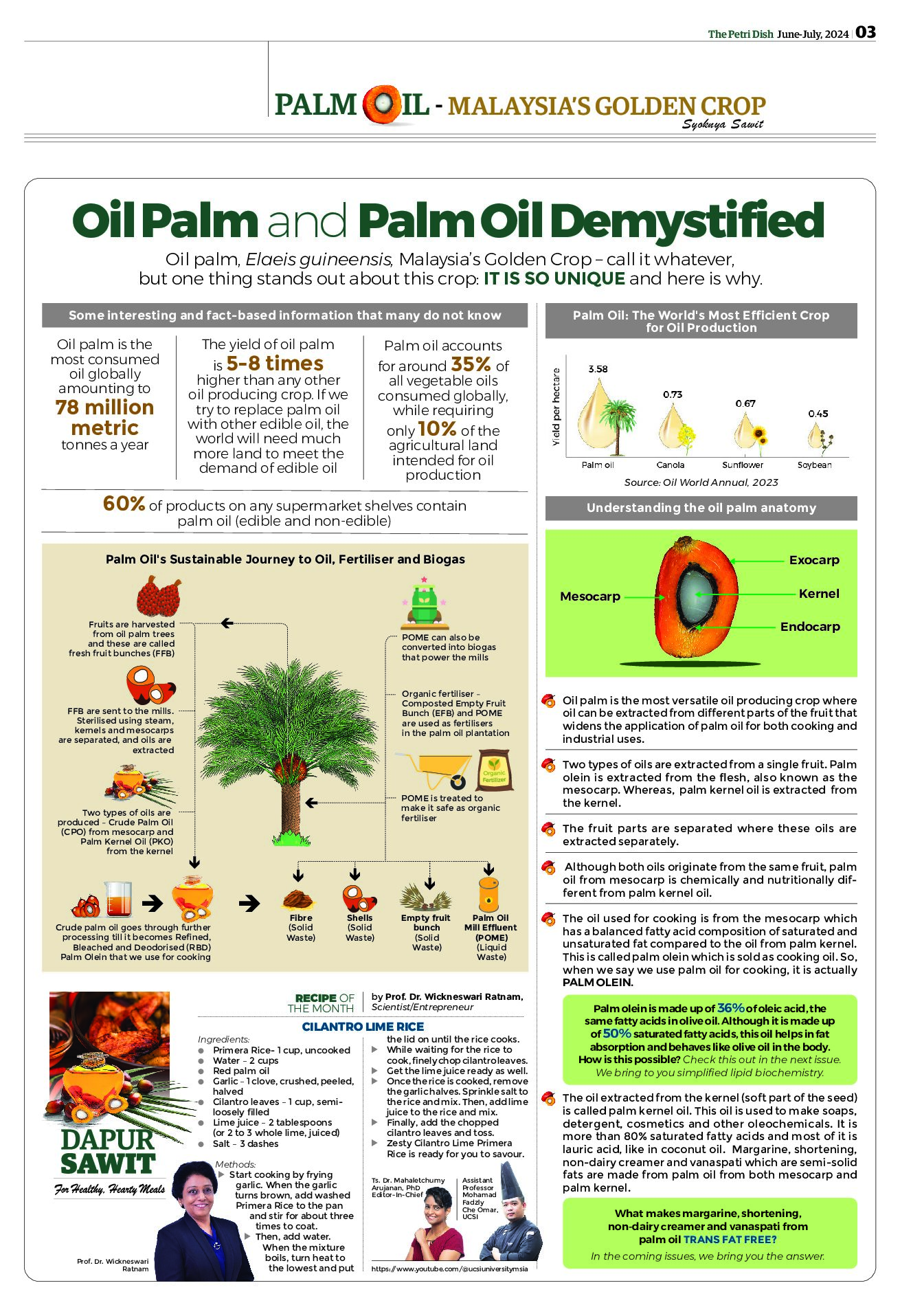Britain’s The Telegraph also screamed it out loud on this strange primate behaviour: “Killer rateating monkeys stun scientists in Malaysia”.
The newspaper claimed that the monkeys gobbled so many rats, so much so, palm oil plantations in the Southeast Asian nation may no longer need chemical pest control!
Pig-tailed macaques had previously been considered a pest themselves as they also consume palm oil fruits.
But researchers, who have been studying the animals since 2016, now believe they more than make up for that by eating large numbers of rats, which are a worse pest.
The rat-eating phenomenon among these macaques, scientifically known as Macaca nemestrina could support and sustain the palm oil industry as a bio-control agent to rid plantations of rats, says, Rupert.
She said it is interesting that these macaques could serve as an alternative to the use of harmful pesticides, commonly used as conventional means in dealing with crop-damaging rodents.
Ruppert, who works at the university’s School of Biological Sciences said results from research done with her team indicated that apart from barn owls, macaques too are good rat-catchers.
She said that, macaques and owls in fact complement each other, as the former would hunt for rats in daytime, climbing up trees and hunting rats that sleep behind the branches and fronds. Owls, on the other hand, would hunt at night for rats that scurry the ground.
“We, as researchers, were thrilled with these findings and would like to promote greater awareness to all in caring for our tropical rainforest more carefully, as it serves as a natural habitat that would support the living ways of these primates which are being threatened,” she said at a media conference recently. Also present was her fellow researcher from the School of Biological Sciences, Professor Dr Shahrul Anuar Mohd Sah.
Rupert said that the research also showed strong evidence of habitat conservation activities around palm oil plantations. By allowing the macaques to continue living amongst the oil palms, it would not only protect the threatened species and other forest-dwellers, but it could also bring greater economic benefits to the farmers.

















